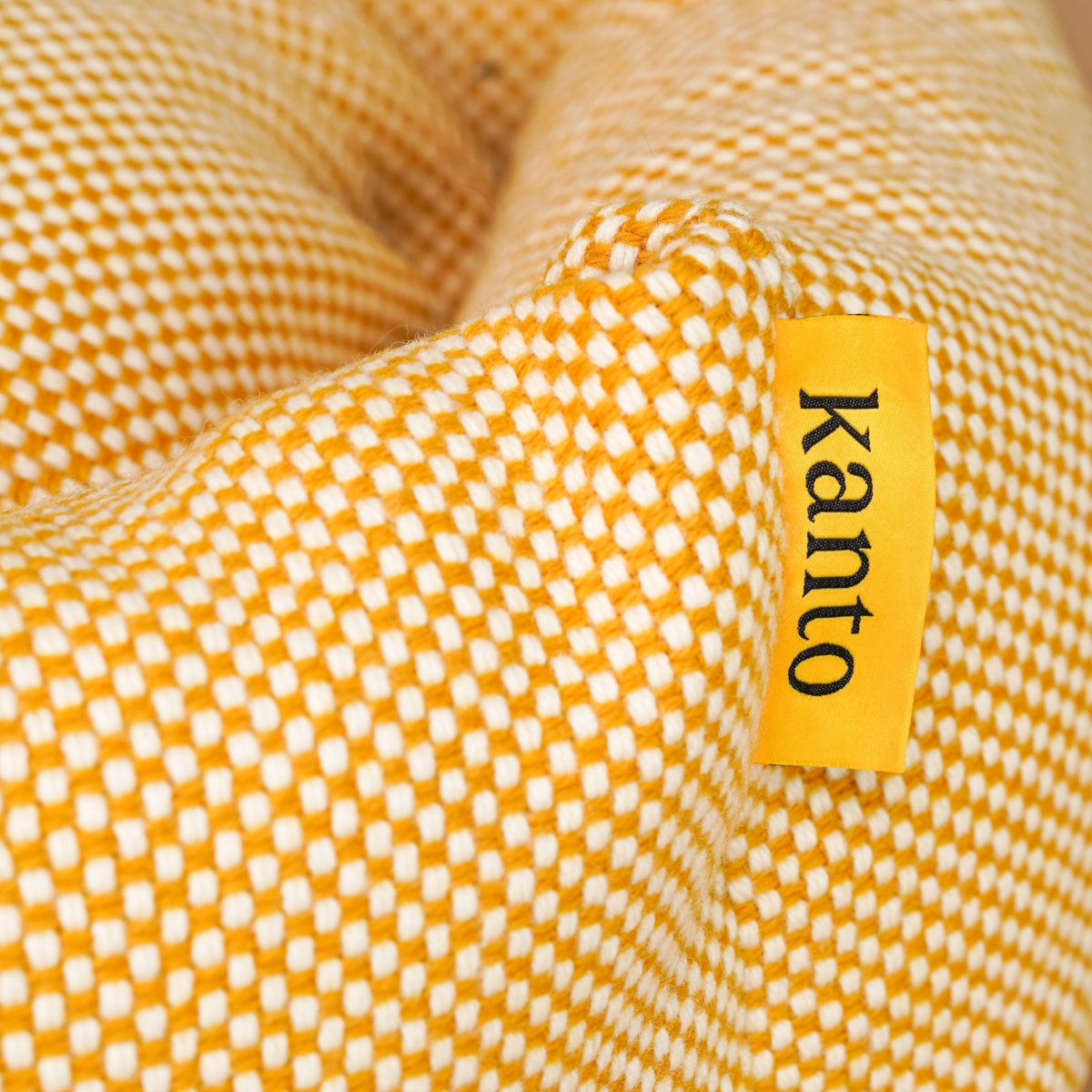Martindale Score
The Martindale test, also known as the rub test, is a method used to assess the durability of fabric by measuring its abrasion resistance. It is commonly employed to determine the suitability of upholstery fabrics for various purposes, such as decorative chairs, high-traffic areas, or commercial furniture.

How does it work?
During the test, the fabric under examination is tightly stretched and placed on the lower plates of the Martindale machine. Small discs made of worsted wool or wire mesh are continuously rubbed against the fabric in a circular motion. The fabric is inspected continuously for signs of wear and tear, and the test concludes when two yarns break or there is a noticeable change in appearance. The test results are presented as a score indicating the number of rubs or cycles endured by the fabric, with higher numbers indicating greater suitability for heavy usage. Fabrics are then categorized based on their test results.

How do we interpret the results?
10,000 or less: Fabric is suitable for decorative purposes, such as accent cushions.
10,000 to 15,000: Fabric is appropriate for light occasional domestic use.
15,000 to 25,000: Fabric is suitable for general everyday domestic use on common household furniture.
25,000 to 30,000: Fabric is highly durable and can withstand high levels of everyday use.
30,000 or more: Fabric is exceptionally sturdy and is suitable for heavy-duty furniture in commercial environments.
